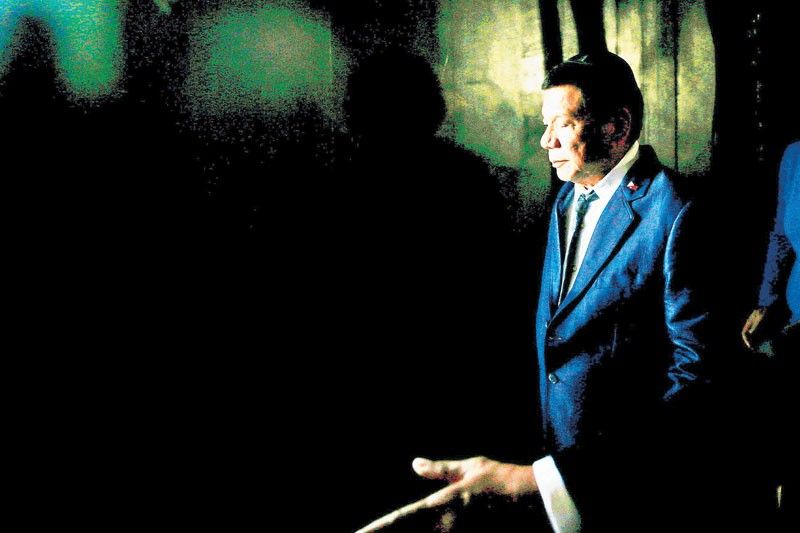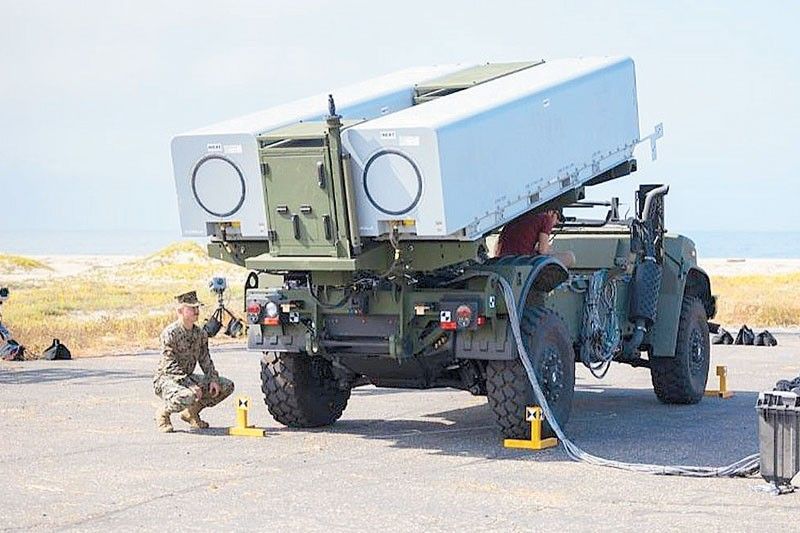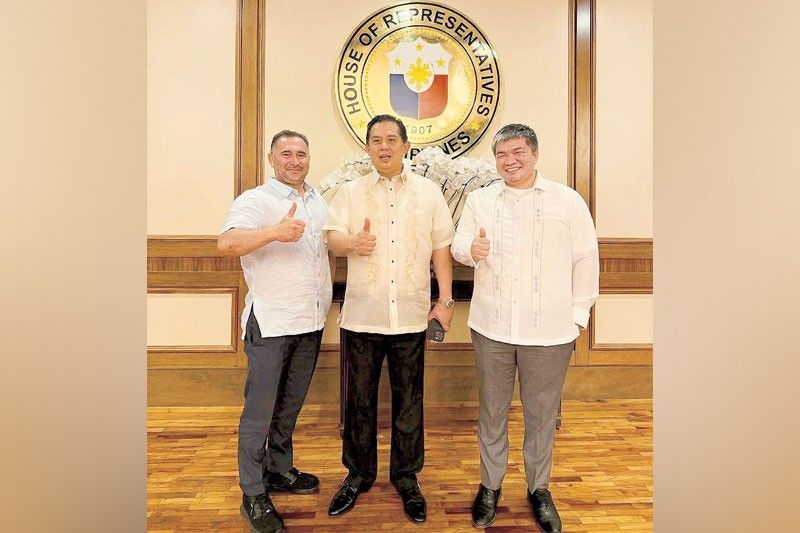
Upgrade to High-Speed Internet for only ₱1499/month!
Enjoy up to 100 Mbps fiber broadband, perfect for browsing, streaming, and gaming.
Visit Suniway.ph to learn
MANILA, Philippines — Should victims of former President Rodrigo Duterte’s drug war have a say in whether he gets interim release? Yes, they should, according to one of their counsels.
Kristina Conti, a human rights lawyer and assistant to counsel at the International Criminal Court (ICC), said the victims’ perspective is just as important as that of the prosecution and defense.
“Sa totoo may tatlong haharap sa korte, prosecution at defense and witnesses. ‘Yung witnesses may sariling legal team,” she said at a June 13 interview with DZBB Super Radyo 594.
(In truth, there are three parties who will face the court: the prosecution, the defense, and the witnesses. The witnesses have their own legal team.)
Duterte’s camp has officially asked the ICC to grant him interim release. If approved, he would be allowed to leave detention temporarily but remain under tight restrictions while his case is ongoing.
According to the defense, ICC prosecutors have “confirmed their non-opposition” to Duterte’s interim release, and that an unnamed government has offered to take him in if the court allows it.
RELATED: Duterte requests ICC for temporary release
ICC must verify claims first
Conti, however, said these two claims have to be verified first by the Pre-Trial Chamber, which includes the two judges Duterte sought to disqualify, but the ICC denied.
“Marami siyang claims. Sabi niya kausap na niya una, ‘yung prosecution; pangalawa, yung receiving state,” she said.
“Hanggang hindi nagsasalita o kumukumpirma ang dalawang ‘to, sa ngayon, self-serving ‘yung mga statements na ‘yan,” she added.
(He’s making a lot of claims. He says he’s already spoken to, first, the prosecution; and second, the receiving state. Unless these two are confirmed, for now, those statements are self-serving.)
This, Conti said, is why the views and concerns of Duterte’s drug war victims must be considered in the request for interim release. In the meantime, they are waiting for the deadline to be set to file their observations.
“Kailangan bigyan kami ng pagkakataon na magbigay din ng pananaw,” Conti stressed. (We must be given the opportunity to present our perspective.)
ICC's facility should be enough
She also explained that while an interim release may possibly be granted, this does not mean Duterte will be completely free. Speaking with the media would also be prohibited to avoid influencing the case.
Under the Rome Statute, interim release can only be granted if the accused is no longer considered a flight risk, a threat to the investigation or witnesses, or likely to commit crimes again.
Duterte’s counsel has argued that his deteriorating health and advanced age warrant humanitarian consideration. They also said Duterte will comply with summons to appear before the Pre-Trial Chamber for his crimes against humanity charges.
Conti, however, said the victims believe the ICC’s detention facilities are humane and fully equipped to provide Duterte with any medical care he may require.
“Kaya ito nga nagkokonsulta kami ng mga biktima. Sabi nila makatao lang din naman, kung gusto niyang saka sakaling magpagamot at maayos. Pero sa tingin namin ngayon ‘yung ICC facilities ay kayang mag-arrange ng medical assistance sa kanya,” she said.
(That’s why we’re consulting the victims. They said it would be humane if he wants to seek treatment and recover. But for now, we believe the ICC facilities are capable of arranging medical assistance for him.)
Interim release for crimes against humanity?
Interim release has never been granted for more serious charges like murder or crimes against humanity, the ICC’s assistant to counsel said. She noted that such releases have only occurred in obstruction of justice cases.
One such case was in 2021, when the ICC allowed Kenyan lawyer Paul Gicheru temporary release after he turned himself in to face charges of corruptly influencing witnesses in Kenya-related ICC cases.
According to Conti, an interim release is typically granted with conditions, including the surrender of the accused’s passport to prohibit them from traveling and escaping their charges.
The ICC has accused Duterte of involvement in the killings of at least 43 individuals linked to his anti-drug campaign, both as Davao City mayor and later as the Philippine president.
According to police data, there were over 6,000 drug-related killings from 2016 to 2022, while human rights groups estimate the death toll could range from 12,000 to 30,000 to include cases that were never investigated.
Duterte’s confirmation of charges hearing will open on September 23, with both the prosecution and defense presenting evidence, and potentially witnesses, before judges decide whether to proceed with a trial.
RELATED: Duterte’s drug war deaths were far from 'coincidence,' study shows

 19 hours ago
1
19 hours ago
1



